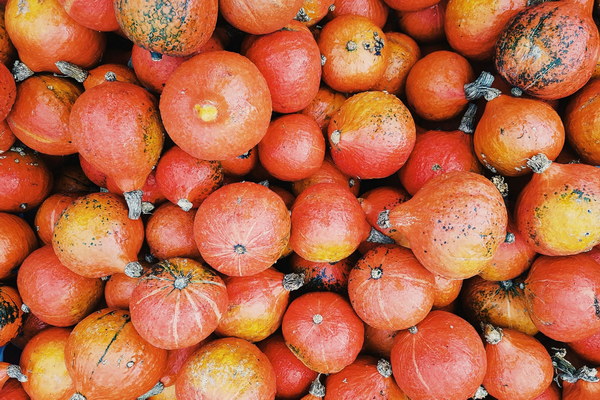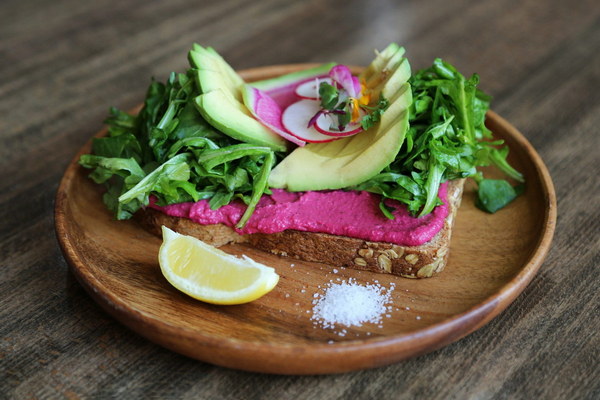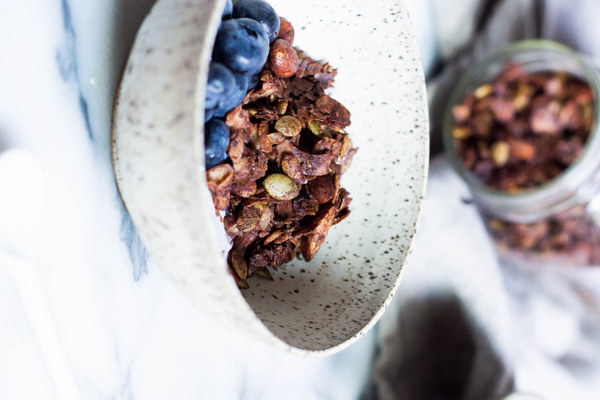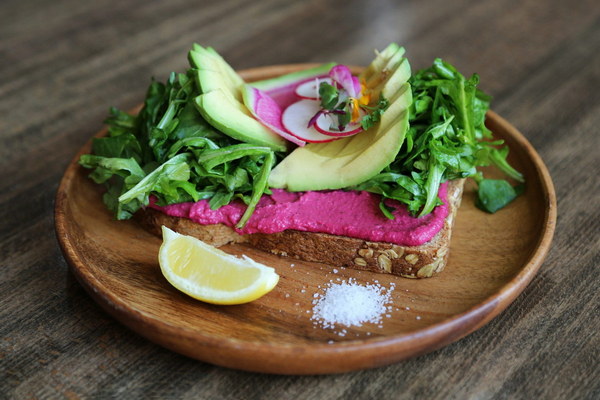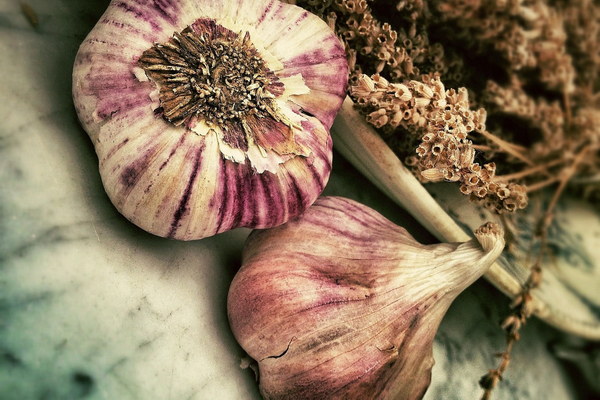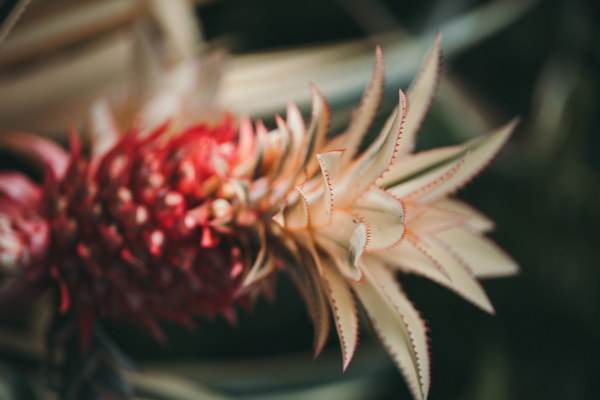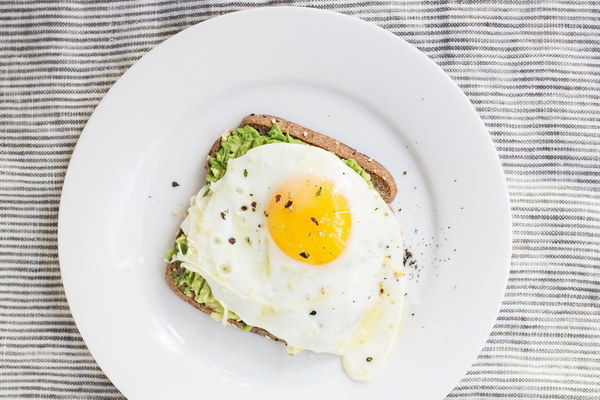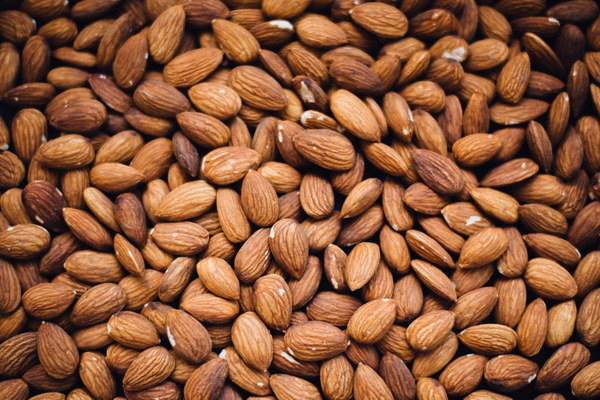Ancient Chinese Medicine's Secret to Banishing Dampness A Powerful Herbal Formula Unveiled
In the realm of traditional Chinese medicine (TCM), the concept of dampness is a prevalent and often disruptive element that can affect the body's balance and health. Dampness is believed to be a result of an imbalance in the body's yin and yang, leading to symptoms such as fatigue, weight gain, and a general feeling of heaviness. To combat this, TCM practitioners have developed a unique and effective herbal formula designed to expel dampness and restore harmony. Below, we delve into the intricacies of this ancient remedy.
The Science of Dampness in TCM
According to TCM, dampness is a result of an excess of moisture within the body, which can be caused by a variety of factors, including poor diet, excessive dampness in the environment, or a weakened spleen and kidney function. This excess moisture can impede the flow of Qi (vital energy), leading to a range of uncomfortable and sometimes chronic symptoms.
The Herbal Formula: A Blend of Nature's Strengths
The herbal formula for expelling dampness in TCM is a carefully curated blend of natural ingredients, each with its own specific properties. Here is a breakdown of some of the key herbs often included in this formula:
1. Atractylodes macrocephala (Cang Zhu): Known for its drying and draining properties, Atractylodes is often the cornerstone of dampness expulsion formulas. It is believed to strengthen the spleen and kidneys, aiding in the elimination of dampness.

2. Poria cocos (Fu Ling): This mushroom-like herb is renowned for its ability to absorb and drain dampness. It is also thought to aid in clearing heat and boosting the immune system.
3. Alisma orientale (Ze Xie): Alisma is a potent diuretic that helps to expel dampness and relieve edema. It is often used in combination with other herbs to enhance their effectiveness.
4. Cyperus rotundus (Xiang Fu): This herb is used to expel dampness and relieve pain. It is particularly effective in cases of damp-heat, where there is both dampness and heat in the body.
5. Cynanchum wilfordii (Bai Zhi): Bai Zhi is believed to aid in the movement of Qi, which can help to alleviate the symptoms of dampness, such as fatigue and heaviness.
How the Formula Works
When these herbs are combined in the right proportions, they work synergistically to expel dampness from the body. The drying properties of herbs like Atractylodes and Poria help to absorb excess moisture, while the diuretic effects of Alisma and the Qi-moving properties of Bai Zhi further support the body's natural elimination processes.
Preparation and Usage
The herbal formula for dampness expulsion is typically available as a decoction, where the herbs are boiled in water to extract their medicinal properties. The resulting liquid is then consumed at specified intervals throughout the day. It is important to follow the instructions provided by a qualified TCM practitioner, as the dosage and frequency of use can vary depending on the individual's condition.
Conclusion
The use of an herbal formula to expel dampness is a testament to the deep understanding of the body's complexities that traditional Chinese medicine has cultivated over centuries. By addressing the root cause of dampness and restoring balance to the body, TCM offers a natural and holistic approach to health and well-being. Whether you're looking to alleviate the symptoms of dampness or simply maintain your body's balance, exploring the wisdom of TCM and its herbal remedies can be a rewarding journey towards better health.
